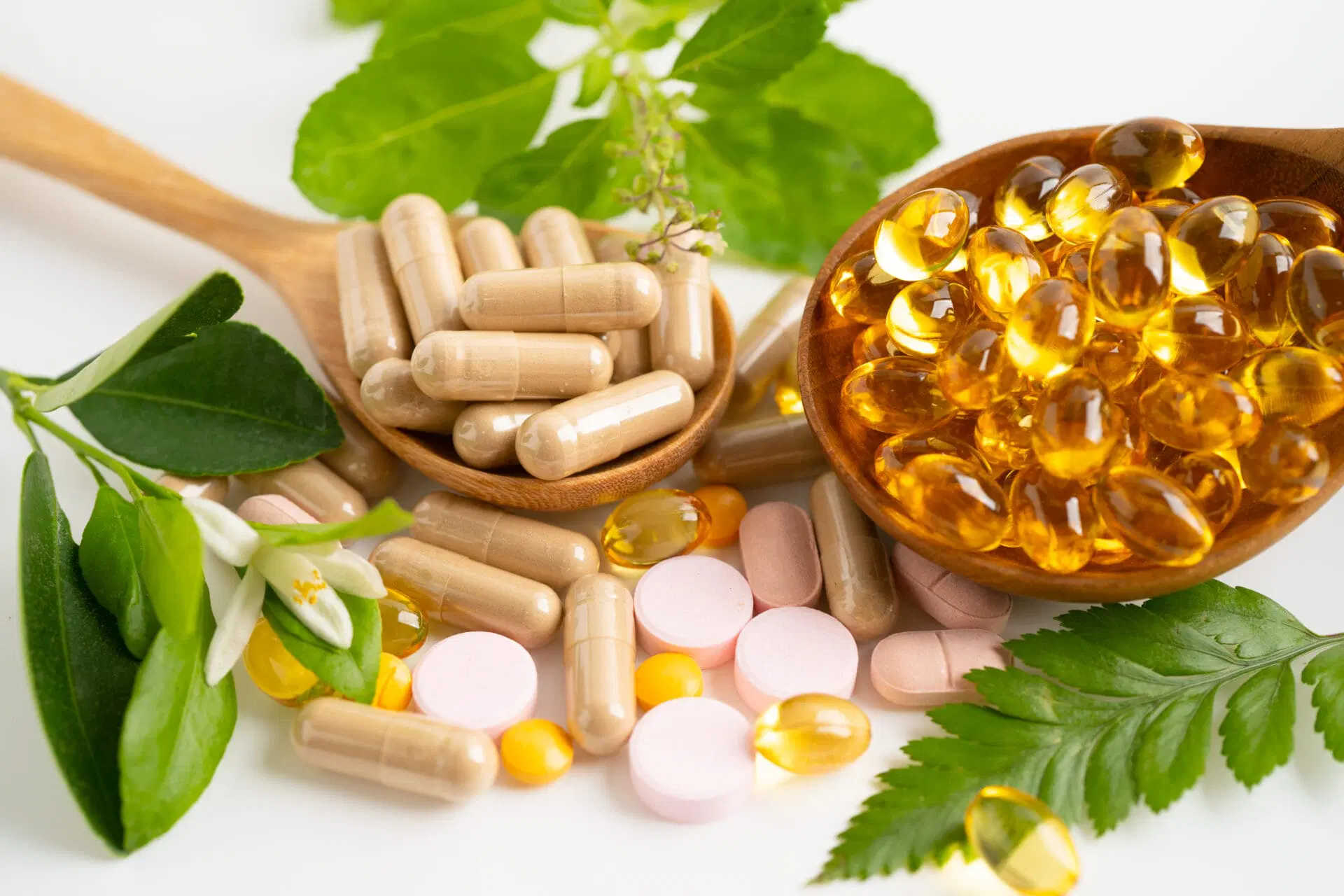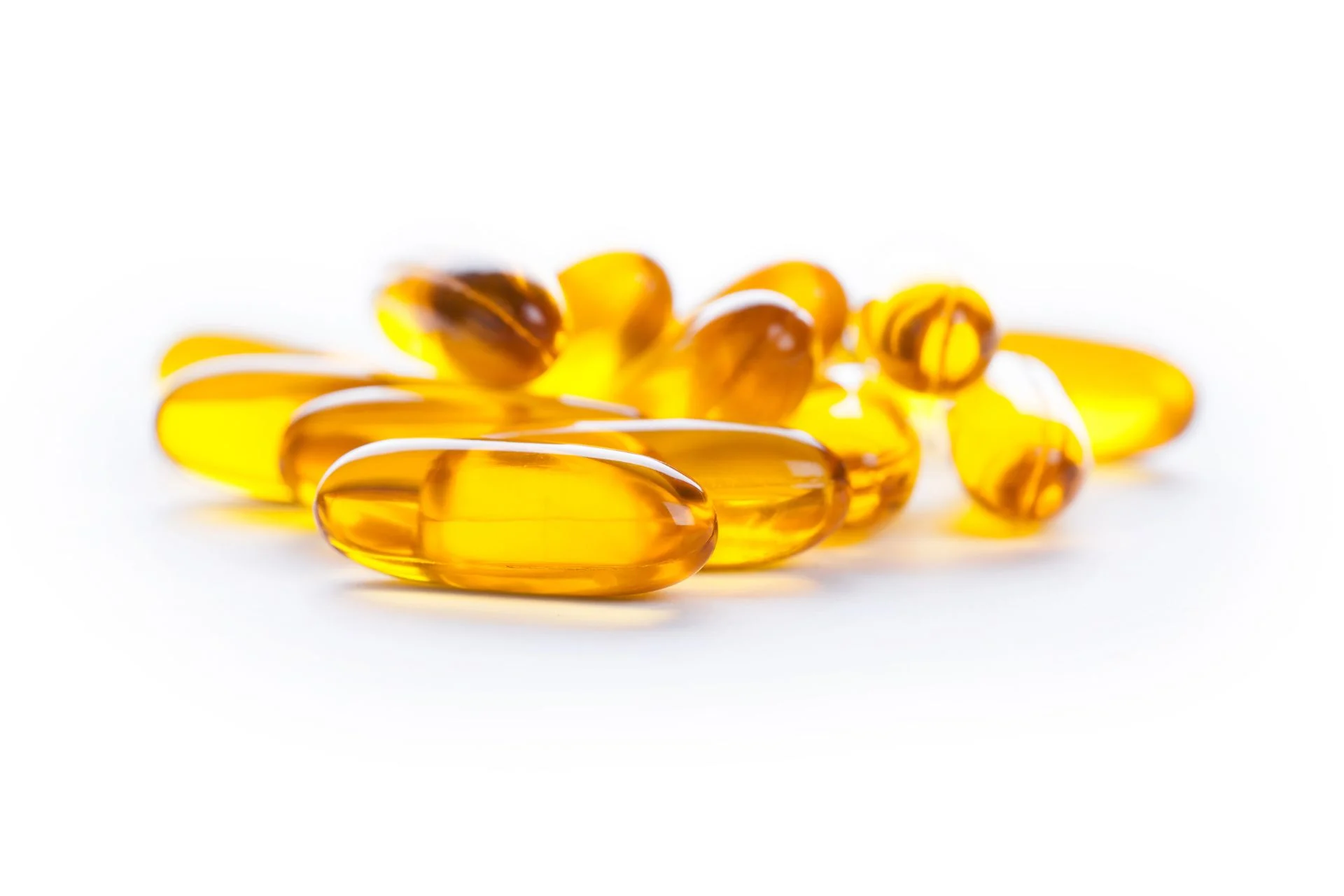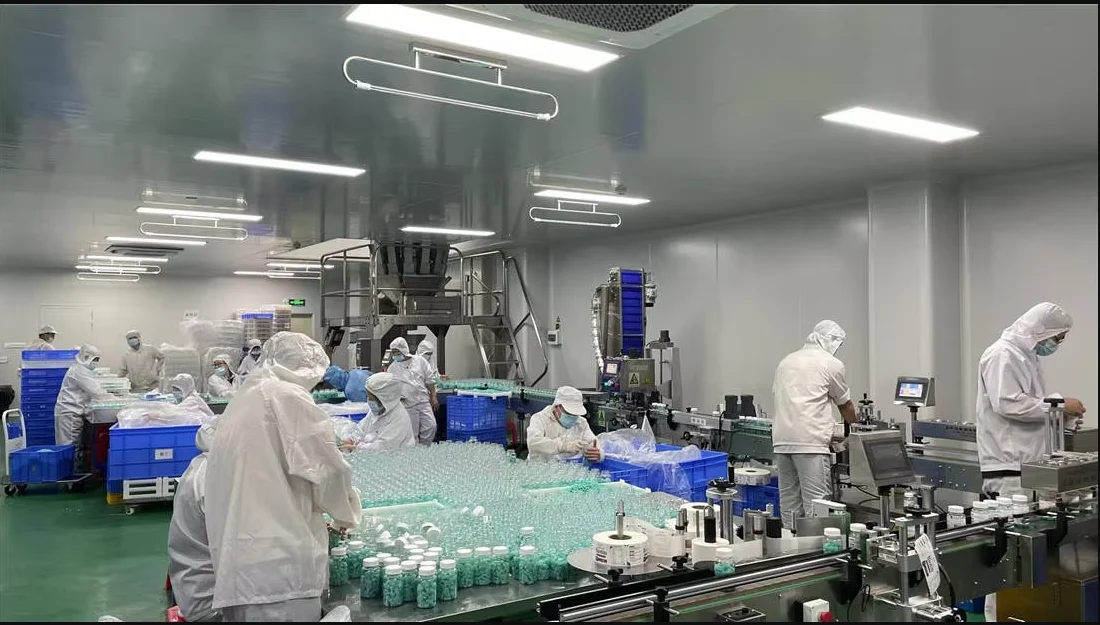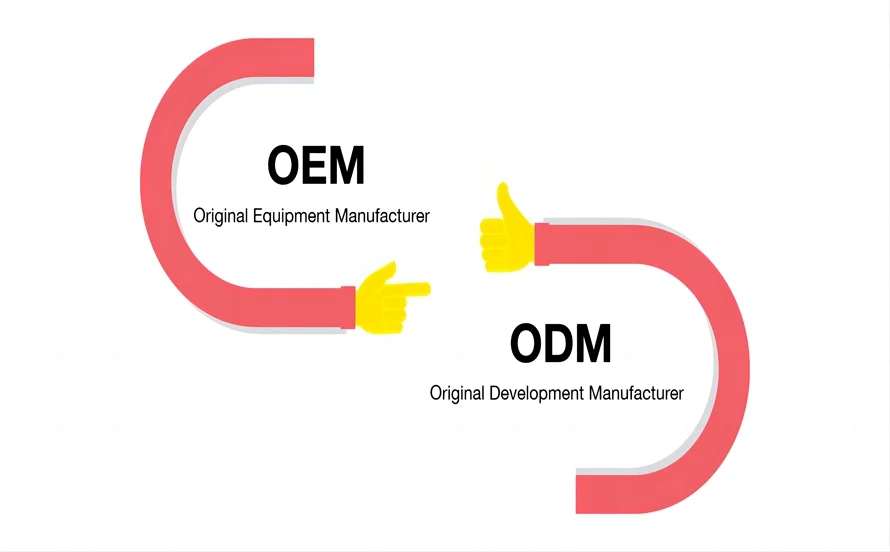Het starten van een supplementenmerk is een spannende reis. Je hebt een visie voor een product dat het leven van mensen kan veranderen. Maar een van de meest cruciale beslissingen die je zult nemen, gebeurt lang voordat je ook maar één flesje verkoopt: het kiezen van hoe je product wordt gemaakt. Deze beslissing komt vaak neer op twee primaire productiemodellen: OEM en ODM.
Het verschil begrijpen tussen OEM en ODM is van fundamenteel belang voor je succes. Het heeft invloed op je budget, je tijdlijn, je controle over het eindproduct en het langetermijnpotentieel van je merk. Het maken van de verkeerde keuze kan leiden tot verspilling van middelen en een product dat niet overeenkomt met uw visie.
Deze gids is bedoeld om deze termen te demystificeren. We bieden een duidelijke, heldere vergelijking om u, de merkeigenaar, te helpen de juiste strategische keuze te maken voor uw bedrijf. Als vertrouwde partner in zowel OEM als ODM productie, CHTNature is er om je de deskundige inzichten te geven die je nodig hebt om vol vertrouwen verder te gaan.

Wat is OEM? De weg naar een echt uniek product
OEM staat voor Oorspronkelijke fabrikant. In de supplementenwereld draait dit model om het creëren van iets geheel nieuws en exclusiefs voor jouw merk. Jij bent de architect van je product.
OEM (Original Equipment Manufacturer) Eenvoudig gedefinieerd
Met OEM voorziet u de fabrikant van uw unieke, gepatenteerde formule (uw intellectuele eigendom). De fabrikant treedt dan op als uw productiepartner en gebruikt hun apparatuur, faciliteiten en expertise om uw specifieke creatie tot leven te brengen. De formule is jouw eigendom en het eindproduct is 100% van jou.
Het OEM-proces in actie
Het OEM-traject is een samenwerkingsverband. Het omvat meestal:
- Concept en formulering: Je ontwikkelt een unieke formule, misschien met je eigen R&D-team of met een formuleringsconsultant.
- Sourcing en testen: De fabrikant koopt en test de specifieke grondstoffen die je formule nodig heeft.
- Pilot Batch & Goedkeuring: Er wordt een kleine testbatch geproduceerd voor jouw goedkeuring om er zeker van te zijn dat het precies voldoet aan jouw specificaties voor smaak, werkzaamheid en uiterlijk.
- Productie op volle schaal: Na goedkeuring begint de productie op grote schaal.
Belangrijkste kenmerken van OEM
- Volledige controle over de formulering: De formule is jouw intellectuele eigendom (IP). Je hebt volledige controle over elk ingrediënt en elke dosering.
- Uniek product en merk: Je kunt een product maken dat niemand anders heeft, waardoor je een sterke, verdedigbare merkpositie kunt opbouwen.
- Hogere initiële investering & MOQ: Vanwege de aangepaste aard van R&D, het zoeken naar ingrediënten en het testen, vereist OEM meestal een hogere Minimum Order Quantity (MOQ) en een grotere investering vooraf.
- Langere ontwikkelingstijdlijn: Het traject van idee tot eindproduct is ingewikkelder en duurt langer dan bij andere modellen.
OEM is de juiste keuze voor u als...
- Je hebt echt een innovatieve en unieke formule.
- De kernwaardepropositie van je merk is productdifferentiatie.
- Je hebt het kapitaal voor een hogere initiële investering.
- Je bouwt aan een merk voor de lange termijn en beschouwt de formule als een waardevol bezit.
Wat is ODM? De snelle weg naar de markt
ODM staat voor Origineel ontwerp Fabrikant. Dit model is ontworpen voor snelheid en efficiëntie. Hiermee kun je snel een product van hoge kwaliteit onder je eigen merknaam op de markt brengen.

ODM (Original Design Manufacturer) Eenvoudig gedefinieerd
Met ODM heeft de fabrikant het onderzoek en de ontwikkeling al gedaan. Ze hebben een catalogus van op de markt geteste, vooraf samengestelde producten die klaar zijn voor productie. Jij kiest een product uit hun portfolio en zij produceren het voor jou met jouw merknaam en verpakking.
Het ODM-proces in actie
Het ODM-proces is veel eenvoudiger:
- Productselectie: Je bekijkt de catalogus met bestaande formules van de fabrikant (bijvoorbeeld een pre-workout, een multivitamine, een collageenpoeder) en kiest er een die bij jouw merk past.
- Branding en verpakking: Jij zorgt voor je logo, merknaam en verpakkingsontwerp. Lichte aanpassingen (zoals smaakstoffen) zijn mogelijk.
- Productie: De fabrikant produceert de beproefde formule en verpakt deze met jouw merknaam.
Belangrijkste kenmerken van ODM
- Reeds bestaande, bewezen formules: Je maakt gebruik van een product dat al ontwikkeld, stabiel en vaak al bewezen is op de markt, waardoor het O&O-risico afneemt.
- Lagere R&D-kosten en risico's: Je slaat de dure en tijdrovende formulerings- en testfasen over.
- Sneller op de markt: Je kunt een nieuw product lanceren in een fractie van de tijd die het kost met OEM.
- Beperkt aanpasbaar: Je kunt de kernformule niet veranderen. Aanpassingen zijn over het algemeen beperkt tot branding, verpakking en soms smaak of kleur.
ODM is de juiste keuze voor u als...
- Je bent een startup met een beperkt budget en je wilt snel de markt testen.
- Je belangrijkste kracht is marketing, verkoop en het opbouwen van een merk, niet product R&D.
- Snelheid op de markt is je topprioriteit.
- Je wilt een standaardproduct waar veel vraag naar is toevoegen aan je bestaande productlijn.
Zij-aan-zij vergelijking: OEM vs. ODM in een oogopslag
Om het nog duidelijker te maken, volgt hier een directe vergelijking van de twee modellen op basis van belangrijke bedrijfsfactoren.
| Functie | OEM (Original Equipment Manufacturer) | ODM (Original Design Manufacturer) |
|---|---|---|
| Productformule & IP | Jij creëert de formule en bent er de eigenaar van. Het is uw exclusieve intellectuele eigendom. | De fabrikant is eigenaar van de al bestaande formule. |
| Kosten | Hogere investeringen vooraf (R&D, hogere MOQ's). | Lagere toetredingsdrempel (geen R&D-kosten, vaak lagere MOQ's). |
| Snelheid tot de markt | Langzamer en doelbewuster (maanden tot meer dan een jaar). | Snel en efficiënt (weken tot een paar maanden). |
| Aanpassing | Onbeperkt. Jij bepaalt elk aspect van de formule. | Beperkt tot verpakking, logo en soms smaak/kleur. |
| Ideaal bedrijfstype | Merkgerichte innovators die een uniek, eigen product willen. | Marktgerichte verkopers die prioriteit geven aan snelheid en efficiëntie. |
Hoe zit het met huismerken? De terminologie verduidelijken
Je hoort vaak de term "Private Label" in de supplementenindustrie. Maar waar past dit in?
In de meeste gevallen, Private Label is een vorm van ODM. Als je kiest voor een huismerksupplement, kies je een vooraf samengesteld product uit de catalogus van een fabrikant en zet je er je eigen label op. Het is een kant-en-klare oplossing bij uitstek. Hoewel sommigen de termen ODM en Private Label door elkaar gebruiken, is het handig om ODM te zien als het productiemodel en Private Label als de bedrijfsstrategie die het mogelijk maakt.
Een eenvoudig kader voor uw beslissing
Voel je je verscheurd? Stel jezelf deze drie vragen om je pad te vinden.
Stap 1: Evalueer uw kernbedrijfsidee
- Ben jij een innovator? Is je grote idee gebaseerd op een uniek ingrediënt of een nieuwe combinatie die nog niet bestaat? Leun in de richting van OEM.
- Ben jij een marketeer? Is je kracht het opbouwen van een community, het creëren van een krachtig merkverhaal en het stimuleren van de verkoop, terwijl het product zelf een bewezen klassieker kan zijn? Leun naar ODM.
Stap 2: Beoordeel uw budget en tijdlijn
- Heb je een aanzienlijk kapitaal en een langer tijdsbestek? Als je de middelen hebt om te investeren in R&D en kunt wachten op het perfecte product, OEM is een krachtige optie.
- Is je budget krap en snelheid essentieel? Als je snel cashflow wilt genereren en het risico vooraf wilt minimaliseren, ODM is de slimmere start.
Stap 3: Denk na over uw merkvisie op lange termijn
- Ziet u uw bedrijf overgenomen worden voor zijn waardevolle IP? Een unieke, beschermde formule gecreëerd door OEM is een belangrijk bedrijfsmiddel.
- Zie je het voor je om een lifestylemerk op te bouwen met een breed scala aan producten? Met ODM kunt u snel en eenvoudig uw productlijn uitbreiden om aan de vraag van klanten te voldoen.
Samenwerken met de juiste fabrikant: Verder dan OEM vs. ODM
Kiezen tussen OEM en ODM is slechts de eerste stap. Het succes van je product hangt af van de kwaliteit en betrouwbaarheid van je productiepartner. Of je nu kiest voor een maatwerktraject of een kant-en-klare oplossing, zoek een partner met:
- Branchecertificeringen: Zorg ervoor dat ze GMP (Good Manufacturing Practices) gecertificeerd zijn en voldoen aan alle regelgevende normen.
- Transparantie: Een goede partner is open over zijn processen, sourcing en testen.
- Deskundige communicatie: Ze moeten als gids fungeren en je helpen om door de complexiteit van de sector te navigeren.
Op CHTNatureWe zijn er trots op deze kwaliteiten te belichamen en bieden zowel uitgebreide OEM- als flexibele ODM-services om merken van elke omvang te helpen zich te ontwikkelen.
Veelgestelde vragen (FAQ)
Is OEM of ODM beter voor een startup?
Voor de meeste startups met beperkt kapitaal en geen eerdere R&D-ervaring, ODM (of Private Label) is vaak de betere keuze. Het minimaliseert financiële risico's en zorgt voor een veel snellere lancering om inkomsten te genereren en de markt te testen.
Wat is goedkoper, OEM of ODM?
ODM is aanzienlijk goedkoper vooraf omdat je niet betaalt voor onderzoek, ontwikkeling en het testen van formules. OEM heeft hogere initiële kosten, maar kan mogelijk leiden tot hogere marges op de lange termijn als het product succesvol is.
Kan ik een ODM product aanpassen?
Aanpassingen zijn beperkt. Je kunt altijd het merk en de verpakking aanpassen. Sommige ODM fabrikanten, zoals CHTNature, bieden kleine aanpassingen zoals het veranderen van de smaak, zoetstof of kleur van een bestaande formule. De belangrijkste actieve ingrediënten kun je echter niet veranderen.
Hoe bescherm ik mijn formule met een OEM-fabrikant?
Dit is cruciaal. Je moet altijd een sterke juridische overeenkomst hebben, zoals een Non-Disclosure Agreement (NDA) en een Manufacturing Agreement, waarin duidelijk staat dat jij de enige eigenaar bent van het intellectuele eigendom van de formule.
Wat zijn de typische minimum bestelhoeveelheden (MOQ's)?
MOQ's variëren sterk. OEM MOQ's zijn bijna altijd hoger (vaak duizenden eenheden) vanwege de aangepaste instellingen die nodig zijn. ODM MOQ's zijn meestal lager omdat de fabrikant dezelfde formule voor meerdere klanten produceert, wat schaalvoordelen oplevert.

Conclusie: Uw volgende stap naar een succesvol supplementenmerk
Kiezen tussen OEM en ODM gaat niet over wat "beter" is, maar over wat het beste is. beter voor jou. Het juiste pad hangt volledig af van je unieke bedrijfsdoelen, middelen en merkvisie. Door de belangrijkste verschillen in controle, kosten en snelheid te begrijpen, kunt u een weloverwogen beslissing nemen die uw supplementenmerk klaarstoomt voor blijvend succes.
Is de richting duidelijk of heb je nog vragen? De experts van CHTNature zijn er om je te helpen. Neem vandaag nog contact met ons op voor een gratis en vrijblijvend gesprek om je visie te bespreken en het perfecte productietraject voor jouw merk te ontdekken.



